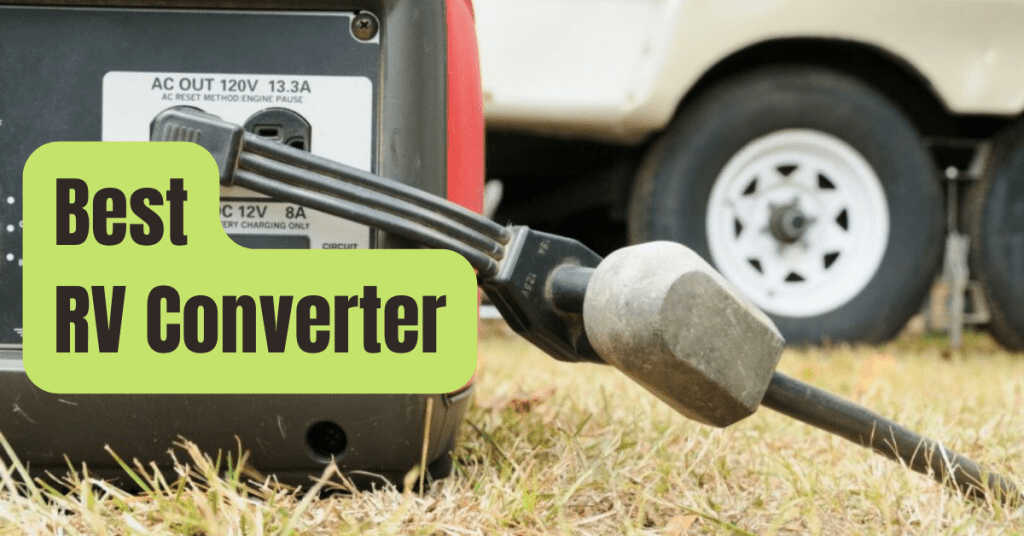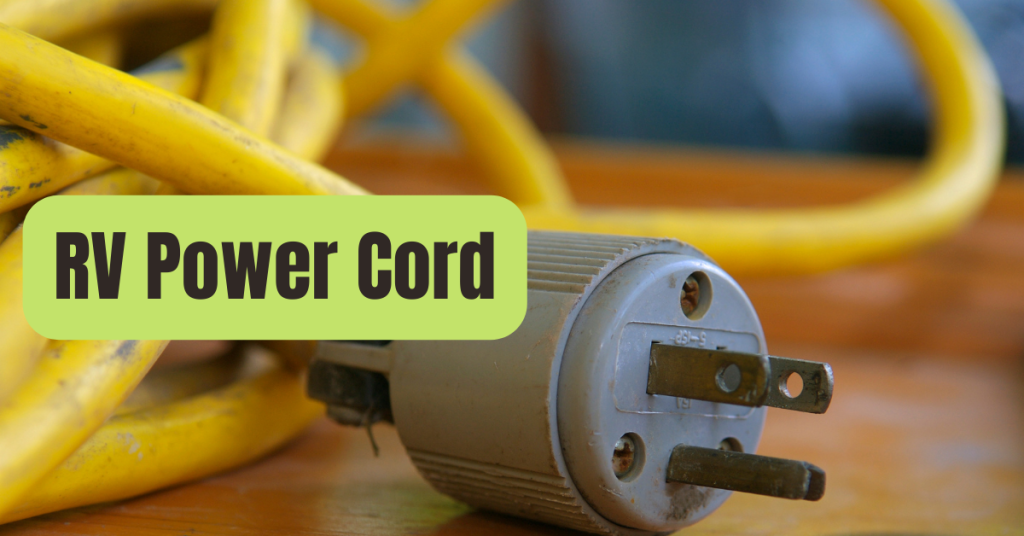If you have enough gas, using a generator may save your life during a power outage.
A 20lb tank of propane may last up to 5 hours, depending on the generator.
Let’s look at the aspects that influence how long a 20lb propane tank should last, whether it’s the electrical load or your generator.

- Extreme weather events have occurred much more often in the United States in the last two decades than in previous decades. As a consequence, an increasing number of individuals are researching how to acquire a backup power source to utilize in the event of a power outage. Generators are useful in this situation. Is 20 pounds of propane, on the other hand, enough to power your generator? How long do you think this will last?
On a 20-pound propane tank, most propane generators will operate for at least 5 hours.
The run time will be influenced by a number of factors.
The run duration may be increased or decreased depending on the size of the generator and the load put on it.
The majority of home-style generators utilize two to three pounds of propane each hour.
When it comes to surviving major storms that result in power outages, investing in a generator is critical.
Using a propane-fueled generator rather of a gasoline-fueled generator can help you burn cleaner and save money.
When using your generator, this article will show you how to calculate how long a propane tank will last you.
How to Select a Propane Generator
It’s no wonder that people want to prepare for rain and snowstorms, ice weather, severe hurricanes, and even wildfires, which may result in large communities losing electricity for lengthy periods of time.
A severe power outage may be very disruptive to both residents and businesses.
Investing in a generator that can operate on 20 pounds of propane is one option.
Propane is kept as a liquid under pressure.
It creates vapor as it reaches boiling point, which is taken off as it rises and utilized as fuel by an engine.
When comparing and contrasting the running durations for gasoline and propane, it’s important to remember that they’re merely estimates: a variety of variables might impact consumption, thus all of the statistics below are estimations.
#1. On 20 Pounds Of Propane, How Long Can A Generator Run?
Propane, believe it or not, does not degrade with time.
When individuals choose an emergency backup power source, this is often a deciding factor.
As a result, propane may not be required for a long time.
The average running duration for a 20-pound tank, according to Consumer Reports, is roughly 5 hours (with a variety of loads).
Obviously, the running time will reduce as the load increases.
Most generators, on the other hand, can operate on either 20- or 30-pound tanks.
A 20-pound tank will run for around 4.75 hours at half load in this situation.
This will also operate for roughly 7 hours at half load if you use a 30-pound tank.
However, the bigger the load, the shorter the time it will run.
#2. On 5 Gallons Of Propane, How Long Can A Generator Run?
The solution, as usual, is contingent on the load.
In an 8-hour span, certain models may utilize roughly 5 gallons.
Other kinds, such as Honda generators, are more cost-effective to operate, using just 2.5 gallons of gas every 24 hours.
#3. On 500 Gallons Of Propane, How Long Can A 22KW Generator Run?
The answer will vary depending on what you’re powering with the generator.
A 22kw generator will use around 2-3 gallons of gasoline each hour.
To allow for the expansion and contraction that happens when the ambient temperature changes, a 500-gallon tank may only be filled with 400 gallons of gas.
A full tank would last around 6 12 days based on 168 hours in a week multiplied by 3 (gallons).
Consumption of Propane Generator Fuel
Propane generators generally need 2 to 3 litres of propane every hour to run.
This implies that a 500-gallon tank will power your house for at least a week, 24 hours a day.
Obviously, if you operate a 1,000-gallon tank for 24 hours, it will keep you running for two weeks.
Propane generators: How Efficient Are They?
Propane generators are a viable alternative to traditional power sources.
You should be aware, however, that they generate less BTUs than gasoline-powered units.
Let’s say you’re interested in more than just electricity production and want to consider the whole environmental effect.
In this scenario, since propane burns cleaner than gasoline or diesel, it leaves a smaller and less harmful carbon footprint.
Propane Tank Dimensions
It’s a good idea to familiarize yourself with the various tank sizes available before deciding which one is right for you.
Although a 20-pound tank won’t be enough to heat a full house, it does have the benefit of allowing you to purchase and store many replacement tanks.
They’re also simple to replenish at a professional gas merchant as needed.
For home usage, many individuals find that a 20-pound propane tank is the most practical and handy.
It’s perfect for hooking up to a gas grill, a fireplace, and other small appliances that don’t demand a lot of power.
What Propane Tank Size Do I Need For A ‘Whole House’ Generator?
The answer to this question is highly dependent on the size of your generator and the amount of time it will be in use.
We recommend a 120-gallon tank for a normal house, which should be enough to get you through a brief loss of your main power source.
If you have the room, a 500-gallon or even a 1000-gallon tank would provide you with piece of mind, knowing that it will keep you running even during a 10-day power outage.
If you choose this option, placing the tank below ground will prevent it from taking up valuable space in your backyard.
What Propane Tank Size Do I Need For A 22kW Generator?
A tank with a capacity of at least 500 gallons is suggested for a 22kw generator.
The size you require depends on what you’ll be using it for and how frequently you’ll be using it, but in general, the larger the better.
If you have the room, get a 1000 gallon tank so you’ll be ready in case of an emergency.
Is It Cheaper To Use Propane Or Gas To Power A Generator?
Propane is less energy-dense than diesel or gasoline, although it is often less expensive.
When comparing total operating expenses over a lengthy emergency period, a generator that runs on gas or diesel will be less expensive than one that runs on propane.
Natural Gas vs. Propane Generator
A natural gas generator has the benefit of being able to run for as long as is required.
The continuous pressure necessary for the natural gas line to function will be maintained.
Even if there is a power outage, the line will maintain sufficient pressure to remain operating and provide your house with the energy it needs to be warm.
A natural gas generator will start immediately and continue to operate until your primary power source is restored.
Until the gas supply runs out, a propane-powered generator will keep running.
Whether above or below ground, the bulk of propane tanks will carry 500 to 1,000 gallons.
How Frequently Should You Run Your Generator?
While appropriate storage may help avoid difficulties, it’s still a good idea to turn on your generator every four weeks or so and operate it for a few minutes.
This will enable the oil to flow throughout the engine, lubricating the components and preventing them from freezing.
Remember to add a load to your generator as it runs each month as you exercise it.
Running the generator without a load for lengthy periods of time might harm the alternator.
To safeguard the alternator on the generator, plug in an electric heater or another device.
Putting It All Together
To back to our initial question, although a 20-pound tank can let a generator to operate for 5 to 8 hours, you may want to be even more prepared in the event of a major power outage.
You have two alternatives for doing this: purchase a enough stock of 20-pound tanks for emergency usage or have a full-sized storage tank with a capacity of 500 or 1000 gallons.
Given the increased incidence of power outages and the length of time it takes to restore service, it’s sensible to think about how you’ll keep your family safe and comfortable.
Preparing now will help you deal with any power outages that may occur with the least amount of disruption.
Remember that you have the option of burying your gas tank.
While the prospect of having a massive 1,000-pound gas tank in your yard is disconcerting, it may be buried to keep your yard looking nice.
However, you may want to employ assistance to properly store it underground.










